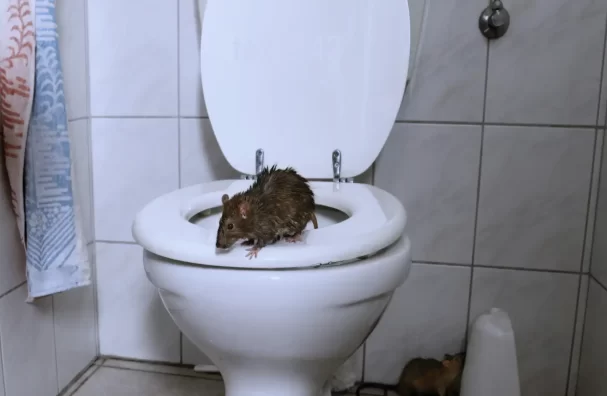
A senior citizen suffered organ failure and sepsis after a seemingly small rat bite, leading to a medical mystery that would astonish doctors and the public alike.
In a surreal, almost movie-like scenario, a 76-year-old Canadian man encountered a rodent in an unlikely place: his toilet. The man’s attempt to evict the intruder took a disastrous turn when the rat bit his hand, sinking its teeth into his fingers.
Following the incident, the man sought immediate medical help. At the emergency room, he received basic wound care and a tetanus booster. Believing the danger had been averted, the man returned home.
But 18 days later, the septuagenarian found himself back in the ER. This time, he was battling a fever, headaches, and abdominal pain that had persisted for three days. His heart rate was high, his blood pressure low, and his kidneys were damaged, indicating multi-organ dysfunction and sepsis, according to a report published in the Canadian Medical Association Journal.
While his bite wound had mostly healed, doctors suspected it could be linked to his deteriorating condition. They conducted a series of tests, including blood and urine tests, to dig deeper into his alarming symptoms.
The tests revealed that the man had leptospirosis, a bacterial infection often transmitted to humans by animals such as rats. In rare, severe cases, this infection can be fatal. The bacteria is found in the urine of animals, leading doctors to believe that the rat, with a mouthful of contaminated urine, had introduced the bacteria into the man’s body through the bite.
Leptospirosis is not a rare or unknown disease. Each year, more than one million cases are reported worldwide. Tragically, nearly 60,000 of these cases result in death. Mortality rates from the bacterial infection are reported to be between 5 and 15%.
The Canadian man’s case was severe, but not hopeless. He was given treatment including antibiotics and steroids. His condition improved, and he was released from the ICU after three days.
